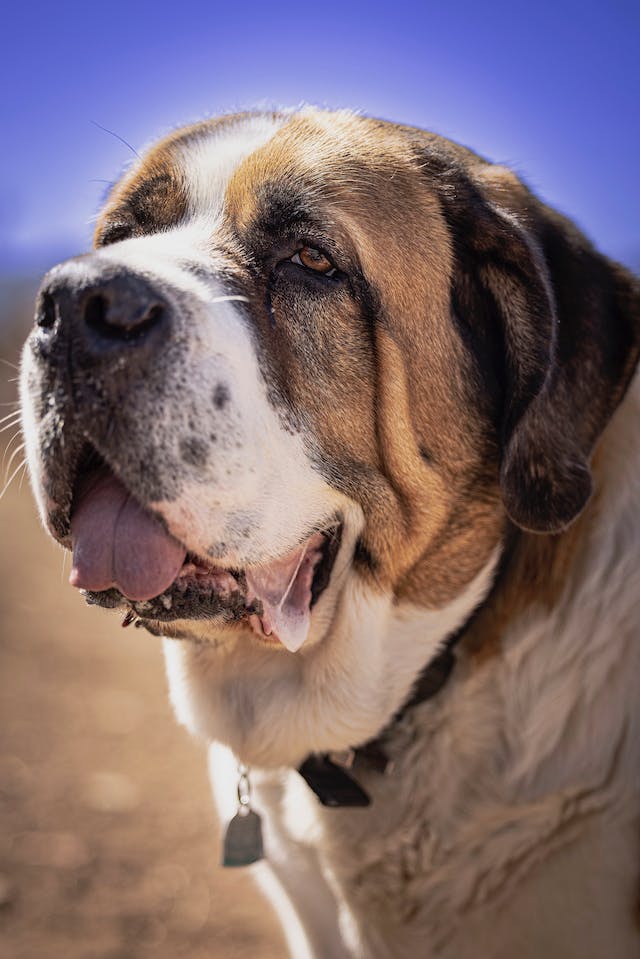Getting a dog and raising it is a long journey. It is a responsibility you will have to shoulder every day but it pays off. Your dog is going to be your best friend and will remain so for years. This is the part where most people are concerned, because how long is he going to live. You might have heard some people saying that small dogs live longer than larger dogs, but how true is this? And is it something inherent? Or does it have to do with how you take care of it? You might be surprised that it is a combination of the two.
Smaller Dogs Live Longer Than Larger Dogs
It is proven that smaller dogs live longer than larger ones. While larger mammals live longer than smaller ones, this rule does not apply within the species itself. For example, the Great Dane has an average life span of 6-8 years, while a small dog like a Chihuahua has an average lifespan of more than 18 years and even up to 20 years. Some people even say that taller and bigger humans tend to have shorter lives than smaller humans due to medical issues because of their unusual size. It is usually the large body mass that causes lifespans to be shorter.
Large dogs tend to die faster because they grow old faster than other dog breeds. This is a fact, so any dog owner who has a large dog or anyone who intends to buy a large dog needs to prepare themselves for the inevitable departure of their pet in a matter of years. In any case, a dog owner should always take care of their dog every step of the way to prolong its lifespan as much as possible. Here are some tips on how to prolong your large dog’s life.
Dog Care
It is a given that you should provide your furry friend with the best care it could get. Pet-care professionals at https://canineweekly.com/ emphasize how important it is for your pet to receive the best nutritious diet, and will provide information on what type of food it should be eating according to its breed to help prolong its lifespan. If your dog tends to eat a lot and you notice that he has gained weight, then you should limit his feeding so he can remain thin. Gaining weight will have the same effect on it as much as humans, which means there will be stress on its joints, and your dog will become lethargic due to its heavyweight. There is no doubt dog care is important to stay on top of. Its also important to learn about things such as how long does parvo stay in the ground and other health threats.
Exercise
Exercising with your dog daily will put him in better shape, it will keep him healthy as opposed to remaining still and depressed. Exercise will give your pet a healthy cardiovascular system, add to its musculature, and give him a good body mass which will certainly increase its lifespan. It will also reduce stress and bring joy and energy to your four-legged friend’s little heart.
Dental Hygiene
Sometimes people forget how important it is to take care of their dog’s teeth. Overlooking this step can lead to many diseases, bacterial infections, dental plaque, and gingivitis which can affect your pet’s health in the long term. Even worse, bacterial infections can lead to organ damage and heart diseases. This can be avoided by regularly brushing your dog’s teeth.
Crossbreeding
It is best to have a crossbred dog instead of having an inbred one. Inbred dogs carry the risk of carrying illnesses of that specific breed that could lead to an early death. Crossbreeding eliminates that risk as crossbred dogs have a longer lifespan and they don’t have a lot of health problems as their inbred counterparts.
Neutering Your Dog
It is proven that neutering dogs prolongs their lifespans. They tend to live a half a year longer than non-neutered/non-spayed dogs. In fact, neutering can reduce the risk of cancer for dogs on their organs, like cancer affecting ovaries, testicles, and breasts. Neutering your dog can be a protection for your dog, and will also reduce stress in your life, especially if you don’t know how to take care of little puppies.
So, large dogs tend to have shorter lifespans. The French Mastiff has the shortest lifespan which ranges from 5-8 years on average, followed by Great Dane and Bernese Mountain dog with an average lifespan of 6-8 years, and Neapolitan Mastiff with a lifespan of 7-9 years. Owning a large dog means that you will provide him with the optimum care so it can live for as long as its lifespan permits. Not doing so will make your pet’s life even shorter, so make sure to enjoy every day with your dog, and keep its mind and body healthy every moment of it.

